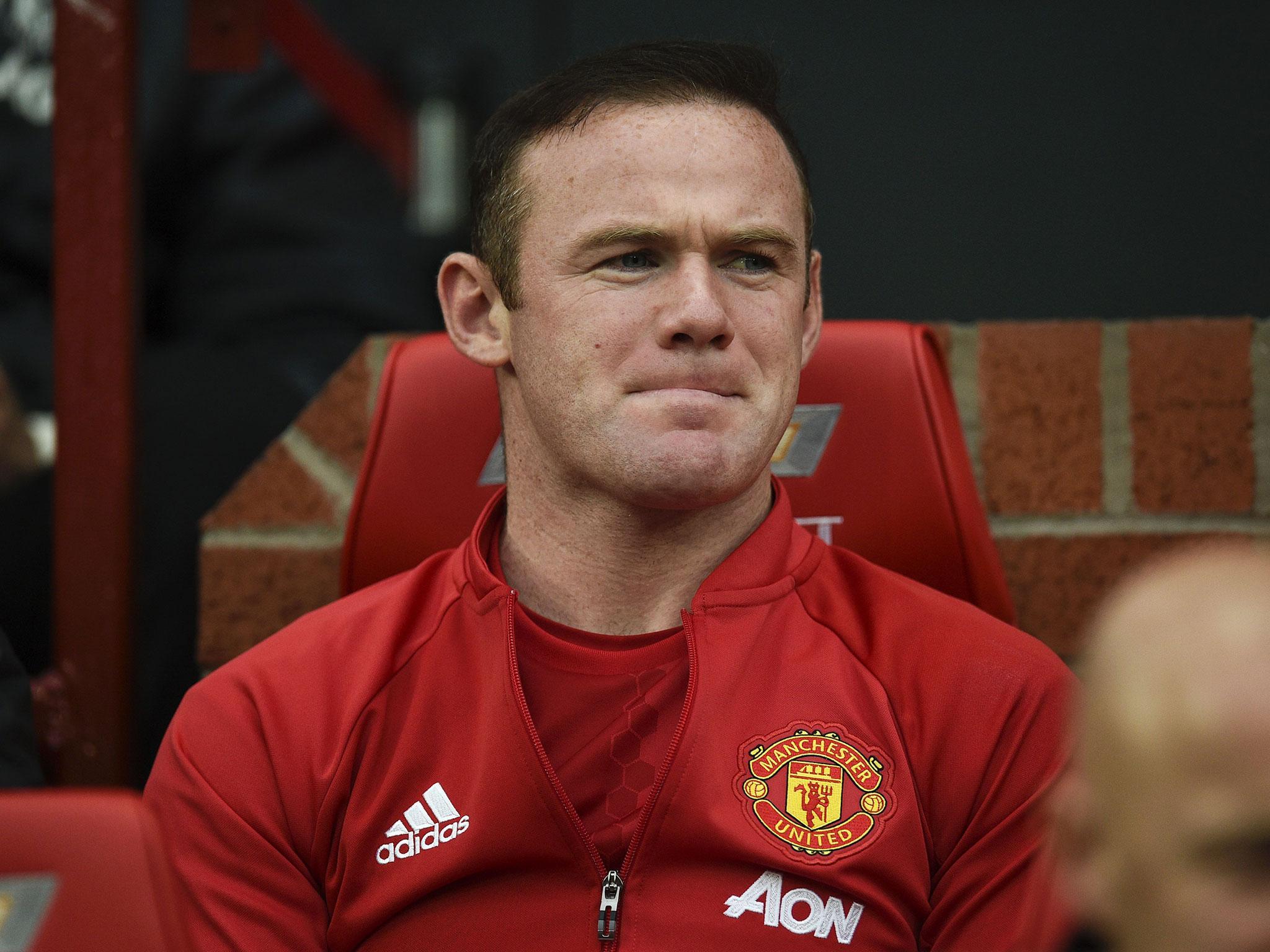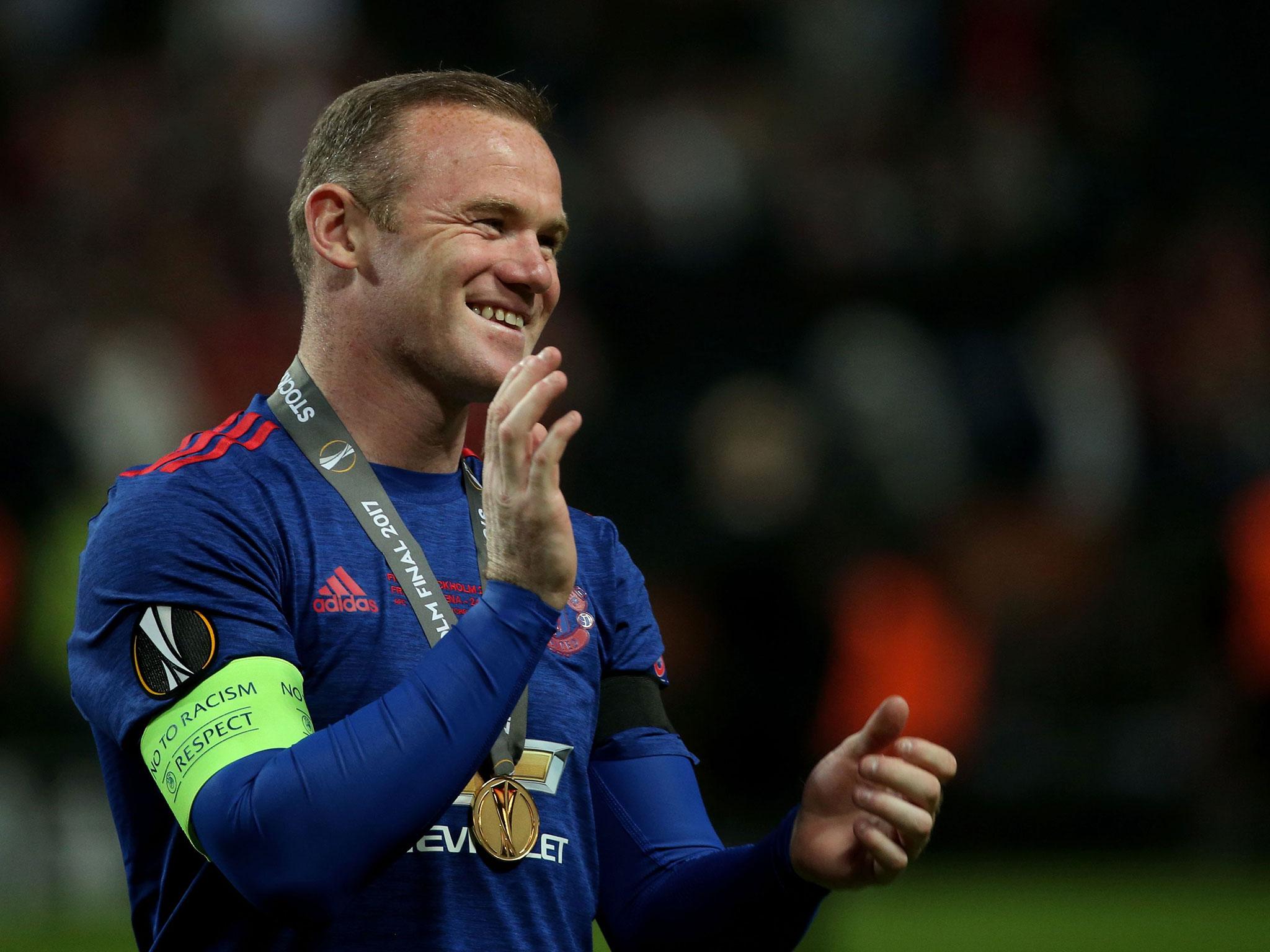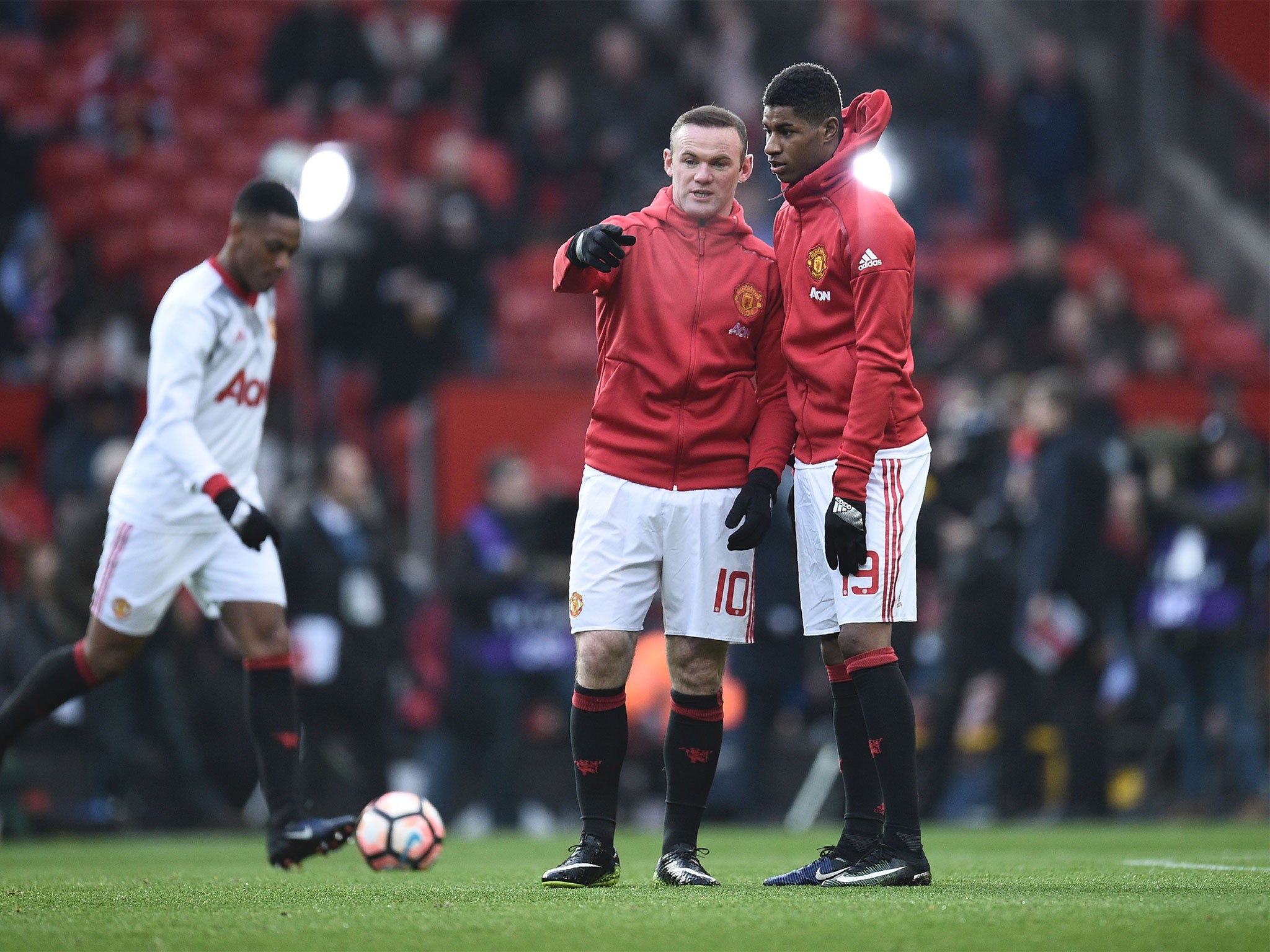Wayne Rooney is an Everton player again - but with his glory days long gone how much use will he actually be?
Rooney must sense that now, approaching his 32nd birthday, he has lost his footing on the carousel of English football

Your support helps us to tell the story
From reproductive rights to climate change to Big Tech, The Independent is on the ground when the story is developing. Whether it's investigating the financials of Elon Musk's pro-Trump PAC or producing our latest documentary, 'The A Word', which shines a light on the American women fighting for reproductive rights, we know how important it is to parse out the facts from the messaging.
At such a critical moment in US history, we need reporters on the ground. Your donation allows us to keep sending journalists to speak to both sides of the story.
The Independent is trusted by Americans across the entire political spectrum. And unlike many other quality news outlets, we choose not to lock Americans out of our reporting and analysis with paywalls. We believe quality journalism should be available to everyone, paid for by those who can afford it.
Your support makes all the difference.The Premier League in 2017 is many things but it is not a respecter of reputations. It is not romantic, not sentimental and it moves faster than anyone realises.
Wayne Rooney must know this. He is an unambiguous legend of the Premier League, having won it five times during his 13 years at Manchester United. Only 10 players, all of them from United, have won it more than him.
And yet Rooney must also sense that now, approaching his 32nd birthday, he has lost his footing on the carousel of English football.
The story of Rooney’s brilliant career has been one not just of the most gifted English footballer since Paul Gascoigne but also of continual selfless reinvention for the service of his teams. The bullish Rooney of
Everton and Euro 2004 was very different from the player who dovetailed with Cristiano Ronaldo for three consecutive titles and the 2008 European Cup, again different from the deadly goal-scorer and leader in the post-Ronaldo years.
And yet the sad reality of the last four years, since Sir Alex Ferguson turned against him in 2013 if not before, is that the final reinvention has been a bridge too far for Rooney. Some players change their game to make up for the diminishing of their physical power. Rooney’s old United team-mate Cristiano Ronaldo has made himself the most important number nine in the world. Paul Scholes, also of United, found a way to stay effective even as his engine started to splutter, so much so that Ferguson called him out of retirement.
But Rooney has missed this final step. The experiment to turn him into a midfielder, driven by Louis van Gaal and Roy Hodgson, two managers with 70 years of combined experience, was a failure. Rooney made little impact there for Van Gaal’s United and was part of the problem, not the solution, for England at Euro 2016.

Jose Mourinho showed up at Old Trafford last year knowing he had to gradually phase Rooney out and promised that he would never play him in midfield either. But even then Mourinho did not know quite what to do with Rooney. He is not sharp enough in the box to play as a number nine any more but nor could he play with Zlatan Ibrahimovic, as the pairing was too slow. But then Mourinho did not want him in his high-energy physical midfield either.
By the end of the season, with Mourinho focusing on the Europa League, Rooney was increasingly part of Mourinho’s Premier League B Team. And he never looked like he could cut it. His displays in the big away defeats at Arsenal and then Tottenham in early May were those of a player whose time at the top end of the top flight is up. At the Emirates Alex Oxlade-Chamberlain tore through him just like Rooney used to do to 30-something opponents back in an Everton shirt.
That is what Rooney will be wearing again next season. He could have taken far more money and a far lower standard in the Chinese Super League but he will be staying in England and should be applauded for that. But it is impossible not to wonder how much use he will be Ronald Koeman’s Everton next season.

Everton’s success last year was built on the supreme physical power of Romelu Lukaku up front and with the Belgian United-bound there is no way that Rooney will be able to replace that. Sandro Ramirez, signed from under the noses of the transfer-banned Atletico Madrid, will surely lead the line if Lukaku leaves. Rooney could conceivably partner Sandro but pragmatic Koeman is likelier to prefer strong midfield support, from Tom Davies, Davy Klaassen and, if he stays, Ross Barkley. Then they have Yannick Bolasie, Kevin Mirallas and Ademola Lookman to play on the wings.
So it certainly remains to be seen what Koeman will do with Rooney on the pitch. Of course he has a Europa League campaign to run as well and in Rooney has a man who has won one Champions League final and lost two others, even before this year’s Europa League final, giving him an unmatchable experience in European football. If Koeman wants to turn Everton into a winning team again, having someone who has won the lot will help immensely. It is not a squad stuffed with winners, even with Klaassen’s three Dutch titles at Ajax.
But on the pitch at Goodison Park, in the Premier League, against top opponents? Where Rooney made his name 15 years ago, at the age of 16, playing for David Moyes? Those days are over, no matter how helpful or important his simple presence might be.
Join our commenting forum
Join thought-provoking conversations, follow other Independent readers and see their replies
Comments